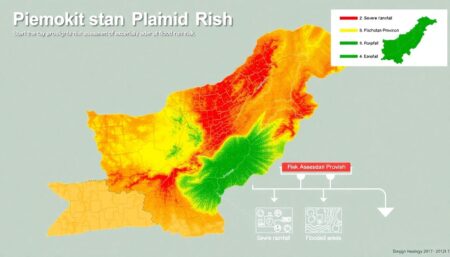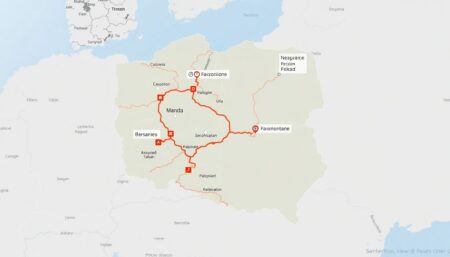In the heart of the Caribbean, the small island nation of Haiti faces a daunting challenge: ensuring access to clean water and adequate sanitation for its 11 million inhabitants, especially in the face of frequent natural disasters. With a history of devastating earthquakes, hurricanes, and floods, Haiti’s water, sanitation, and hygiene (WASH) services are often the first to be disrupted, leaving communities vulnerable to waterborne diseases and other health risks. But what if we told you that with the right preparations and investments, Haiti could build a resilient WASH sector that not only withstands disasters but also improves the lives of its people in the long run?
According to the World Bank, only 54% of Haitians have access to improved drinking water sources, and a mere 22% have access to improved sanitation facilities. These stark figures highlight the urgent need for action. But the question remains: how can we transform Haiti’s WASH sector into a resilient and sustainable force that can weather the storms and serve the people?
In this article, we aim to explore the critical role of resilient water systems in disaster-prone Haiti. We will delve into the current state of Haiti’s WASH services, the challenges they face, and the innovative solutions being implemented to enhance their disaster resilience. By the end of this piece, you, the reader, will gain a comprehensive understanding of the issues at hand, the importance of investing in sustainable water infrastructure, and the practical steps that can be taken to prep Haiti’s WASH sector for future disasters. So, buckle up as we embark on this journey to explore how Haiti can turn the tide on its water crisis and build a more resilient future.
FAQ
What are the current challenges regarding clean water access in Haiti?
How do disasters impact WASH (Water, Sanitation, and Hygiene) services in Haiti?
What is the importance of disaster resilience in Haiti’s WASH sector?
What are some examples of sustainable water infrastructure projects in Haiti?
- Rehabilitation and upgrading of water treatment plants and distribution systems, such as the La Fossette Water Treatment Plant in Port-au-Prince.
- Construction of rainwater harvesting systems and water kiosks in rural areas to provide access to clean water, as seen in the ‘1 Million Cisterns’ project.
- Implementation of community-based water management systems, like the one in the commune of Hinche, which involves local communities in the maintenance and management of water infrastructure.
How can individuals and communities prepare for water-related disasters in Haiti?
- Store clean water: Keep a supply of clean water at home, enough for each person to have at least 3 gallons (11.3 liters) per day for drinking, cooking, and personal hygiene.
- Have a water purification method: Consider having a water purifier or purification tablets to treat water from potentially contaminated sources.
- Know your local water sources: Identify nearby water sources that could be used in an emergency, and ensure they are protected from contamination.
- Participate in community preparedness activities: Join or form a local disaster preparedness group to share resources and knowledge, and to plan for emergencies together.
What role can the government play in enhancing Haiti’s disaster resilience in the WASH sector?
- Investing in sustainable water infrastructure and maintenance.
- Developing and implementing national policies and standards for WASH in emergencies.
- Strengthening coordination and collaboration with international organizations, NGOs, and local communities.
- Promoting community-based disaster risk management and preparedness initiatives.
- Ensuring that WASH considerations are integrated into national and local disaster management plans.
How can international organizations and NGOs support Haiti’s efforts to improve WASH services and disaster resilience?
- Providing technical assistance and financial resources for sustainable water infrastructure projects.
- Strengthening local capacity in WASH emergency response and disaster risk management.
- Promoting evidence-based practices and innovations in WASH service delivery and disaster resilience.
- Advocating for increased investment in Haiti’s WASH sector and disaster resilience efforts.
- Collaborating with the Haitian government, local communities, and other stakeholders to ensure coordinated and effective support.








